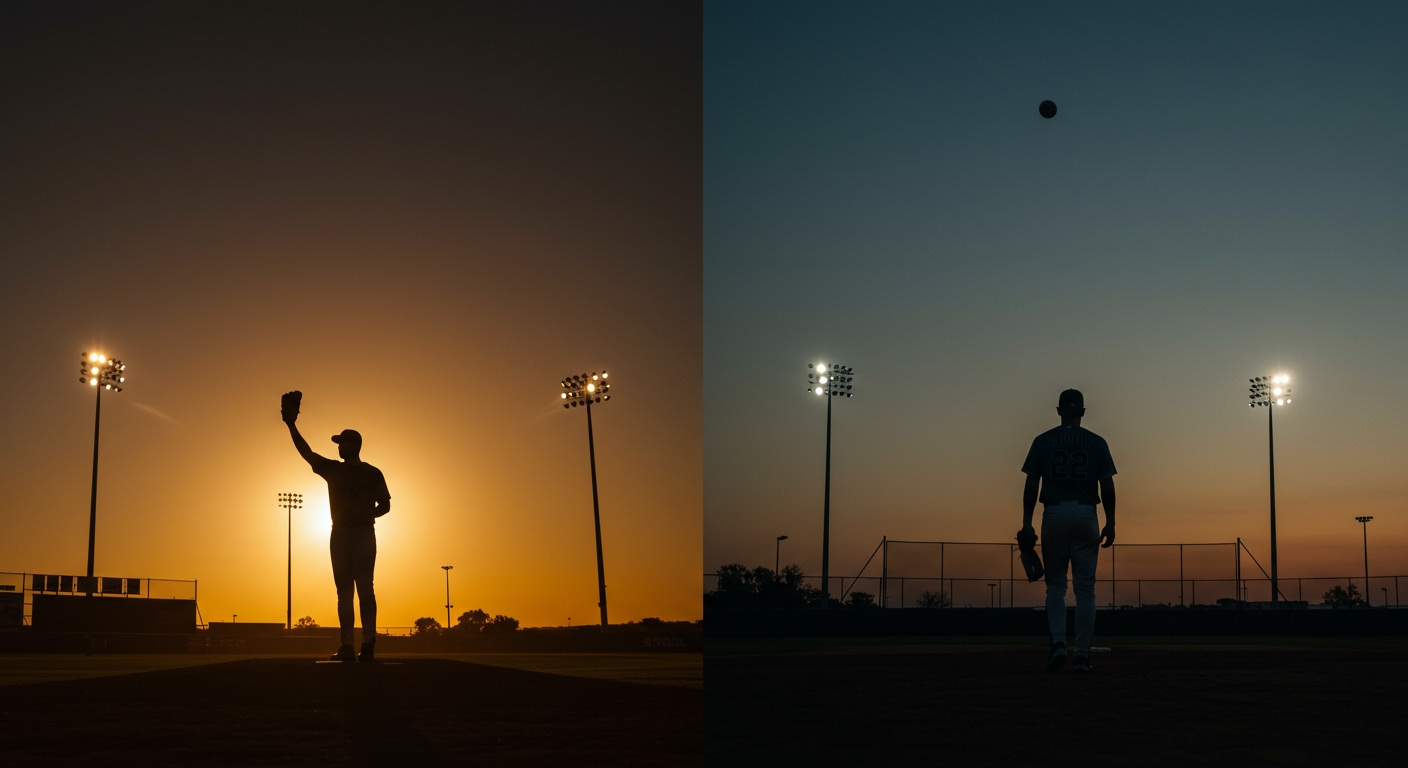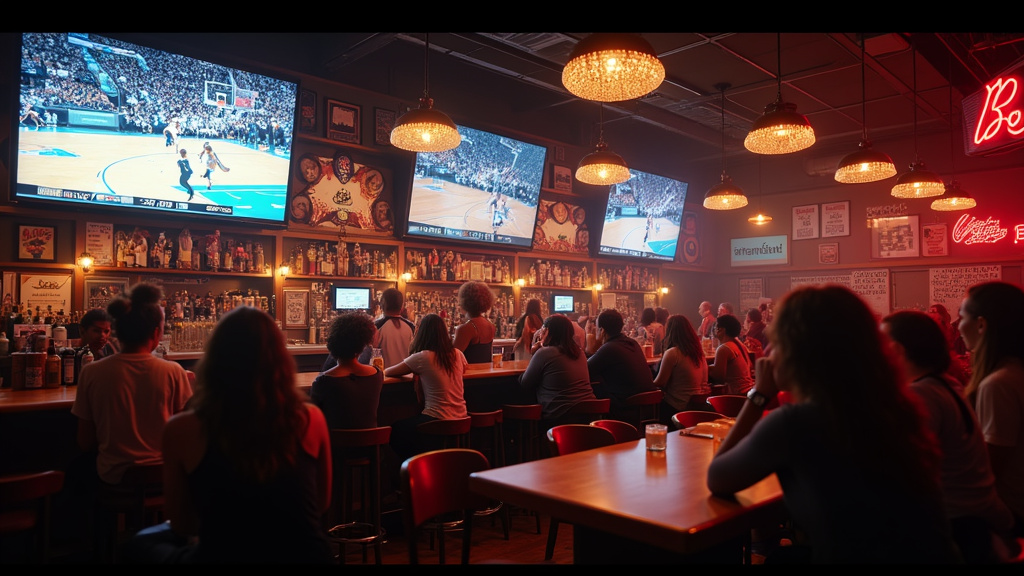The future of one of the NFL’s most iconic franchises, the Chicago Bears, hangs precariously in the balance, with team leadership openly considering a dramatic relocation outside of Illinois. After prolonged efforts to secure a new downtown stadium stalled, Bears chairman George McCaskey and President Kevin Warren have decisively redirected their focus back to a once-promising site in Arlington Heights. However, the path forward for a multi-billion dollar, privately financed stadium there is not without its own significant hurdles, primarily hinging on crucial state legislative action.
At the heart of the matter is the team’s urgent need for state legislation that would provide essential tax clarity for such a massive development. Without this legislative assurance, the financial framework for the Arlington Heights project remains unstable, leaving the team in a difficult position to proceed. The upcoming October veto session has emerged as the most crucial, if not last, opportunity for state lawmakers to address the Bears’ demands and potentially secure the team’s long-term presence in Illinois.
Gubernatorial Resistance and Dire Warnings
Compounding the uncertainty is the firm stance taken by Governor JB Pritzker, who has consistently resisted granting what he perceives as significant tax breaks to the professional sports organization. This hardline approach by the state’s chief executive has fueled escalating tensions and prompted stark warnings from industry experts. Marc Ganis, a highly respected stadium development expert, has publicly cautioned that Governor Pritzker’s unyielding position could well provoke the Bears to activate what many are calling a “nuclear option” – exploring a move out of state entirely.
Ganis specifically pointed to Northwest Indiana as a highly plausible alternative destination, with locations near East Chicago or Gary being prominent considerations. Such a monumental shift would be nothing short of an economic earthquake for Illinois, leading to a significant shift of revenue—including game day proceeds, associated economic activity, and long-term tax contributions—from Illinois directly into Indiana. This prospect alone has sent ripples of concern through the state’s financial and political circles, marking this as a rapidly trending topic in local news.
Echoes of a Painful Past
The gravity of the situation is underscored by historical precedent that remains a cautionary tale in Illinois politics. The article draws a chilling parallel to 1959, a year etched into the memory of Chicago sports fans when the Chicago Cardinals, another storied professional football team, packed up their bags and relocated to St. Louis. The political fallout from that departure was immediate and severe, contributing directly to the subsequent electoral defeat of then-Governor William Stratton.
This historical context serves as a potent reminder of the political capital at stake for Governor Pritzker and the Democratic majority in the state legislature. The potential loss of another major sports franchise, particularly one as deeply embedded in the state’s identity as the Bears, carries significant political risk that extends far beyond the realm of sports alone. It is a decision that could profoundly impact the state’s image and economic landscape for decades to come, becoming a focal point of upcoming political news cycles.
Bears’ Stance: No Public Funds Needed
Crucially, the Bears have repeatedly emphasized their commitment to a responsible financial plan for the Arlington Heights site. They have publicly indicated that they are prepared to finance the entirety of the Arlington Heights stadium project without requiring public funds for its construction. This willingness to self-finance removes a major point of contention often seen in stadium debates and, theoretically, should simplify the state’s role to regulatory and tax clarity rather than direct financial contribution.
Despite this concession, the legislative impasse persists, pushing the team to explore every conceivable avenue. The standoff has evolved into a critical moment for Illinois, threatening not only the long-term presence of its beloved NFL franchise but also the significant economic benefits and prestige that come with hosting a team of the Bears’ stature. As the October veto session approaches, all eyes remain fixed on Springfield, where decisions made in the coming weeks could determine the future of the Chicago Bears in Illinois.














